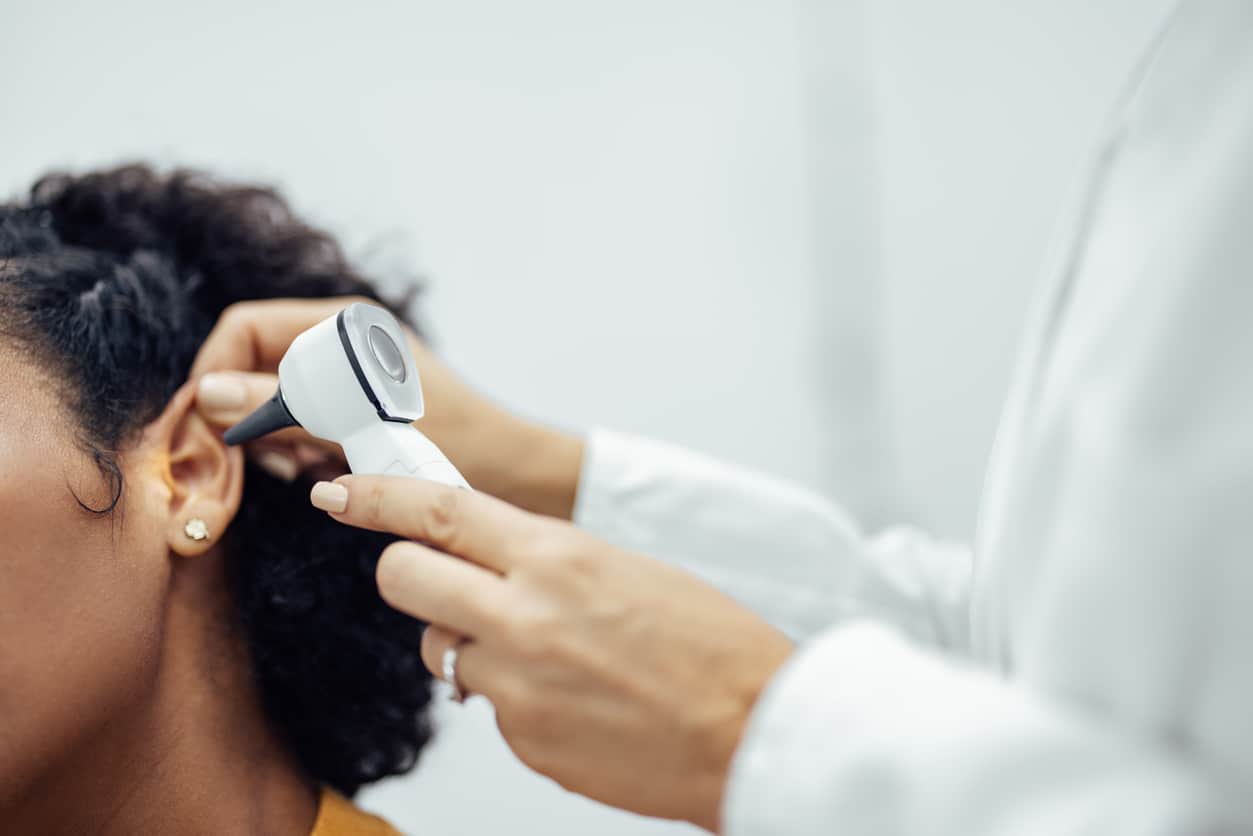Earwax, medically termed cerumen, is a natural substance produced in the ear canal that plays a crucial role in maintaining ear health. Acting as a natural barrier, earwax prevents bacteria and germs from moving deeper into the ear. Moreover, it acts as a trap for dust, dirt and dead skin cells, ensuring they don’t accumulate in the ear canal. Earwax also waterproofs the ear canal’s lining and prevents the ears from becoming too dry.
Understanding when and how to manage earwax is critical to avoid potential ear damage.
When Is Earwax Removal Necessary?

Normally, earwax does not require removal; the body is equipped to handle it naturally, expelling it when needed. However, situations may arise where earwax accumulates excessively, potentially due to physical trauma, scar tissue or dense ear hair. If not addressed, excessive earwax can lead to blockages, which might result in infections, tinnitus or temporary hearing loss.
Should you notice symptoms indicative of impacted earwax, like suddenly struggling to hear the specials at The Black Door Cafe, it’s imperative to seek the advice of an ear, nose and throat (ENT) specialist. A professional examination will determine if there is a blockage and the appropriate course of treatment.
Safe Practices for Earwax Removal
When it comes to earwax removal, caution is key. It’s crucial to consult with an ENT specialist before attempting any home remedies. If an ENT specialist does recommend home cleaning, there are several guidelines to follow:
- Refrain from inserting objects into your ear canal. Objects like cotton swabs or hairpins can cause damage and may even exacerbate the issue by pushing earwax deeper, causing impaction.
- Avoid DIY treatments such as ear candling or vacuum kits, as these methods are ineffective and can lead to burns or injuries.
- For regular ear cleaning, use a cleaning kit approved by healthcare providers, typically consisting of dissolving drops and an ear bulb syringe.
The ears are sensitive organs that require careful handling. Never attempt to remove earwax without professional guidance. For a consultation regarding earwax management or removal, please reach out to Charleston ENT & Allergy to schedule an appointment with one of our specialists.
